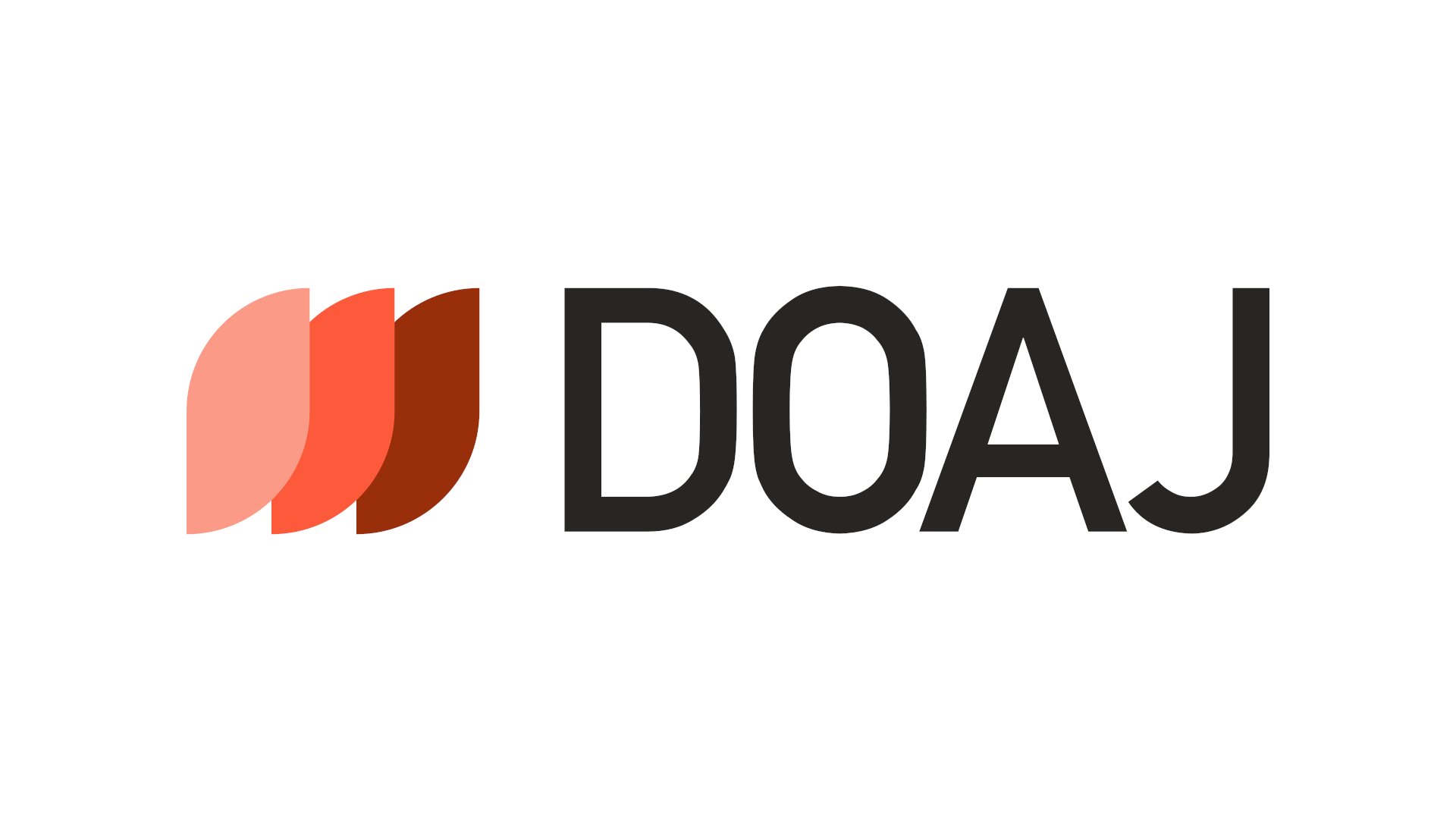Comparative Security and Performance Evaluation of IPFS and Filecoin for Off-chain Blockchain Storage
DOI:
https://doi.org/10.33022/ijcs.v14i4.4968Keywords:
Blockchain data sharing, Content Addressing, Decentralized Storage, InterPlanetary File System,, Filecoin, Off-chain StorageAbstract
The increasing demand for secure, scalable, and decentralized data management in blockchain ecosystems has intensified the need for eefective off-chain storage solutions. Traditional blockchain infrastructures offer limited storage capacity, prompting the integration of decentralized protocols such as the InterPlanetary File System (IPFS) and Filecoin. While both enable distributed data sharing, they differ significantly in architecture, incentive mechanisms, and security assurances. This study presents a systematic literature review (SLR) of 35 peer-reviewed studies, combined with a technical evaluation of IPFS and Filecoin across five critical dimensions: performance, security, incentive models, integration feasibility, and application-specific suitability. Empirical findings indicate that IPFS provides faster data retrieval (average latency ~210 ms) and simpler integration, making it well-suited for low-risk, real-time data scenarios. However, it lacks native incentivization for long-term data persistence. In contrast, Filecoin offers higher data availability (~99.9%) and verifiable storage proofs via its token-based reward system, enhancing durability and auditability, albeit with increased latency and operational overhead. The analysis reveals that neither protocol alone fully addresses the security–scalability–persistence trade-off inherent in decentralized systems. Instead, the results advocate for hybrid architectures that combine IPFS’s performance strengths with Filecoin’s robust data assurance features. This paper contributes a structured decision-making framework to support the selection and deployment of context-appropriate off-chain storage models. The findings aim to guide researchers and practitioners in designing resilient, privacy-preserving blockchain infrastructures, particularly in domains where data integrity, verifiability, and long-term accessibility are essential.
Downloads
Published
Issue
Section
License
Copyright (c) 2025 Godwin Mandinyenya, Vusumuzi Malele

This work is licensed under a Creative Commons Attribution-ShareAlike 4.0 International License.





